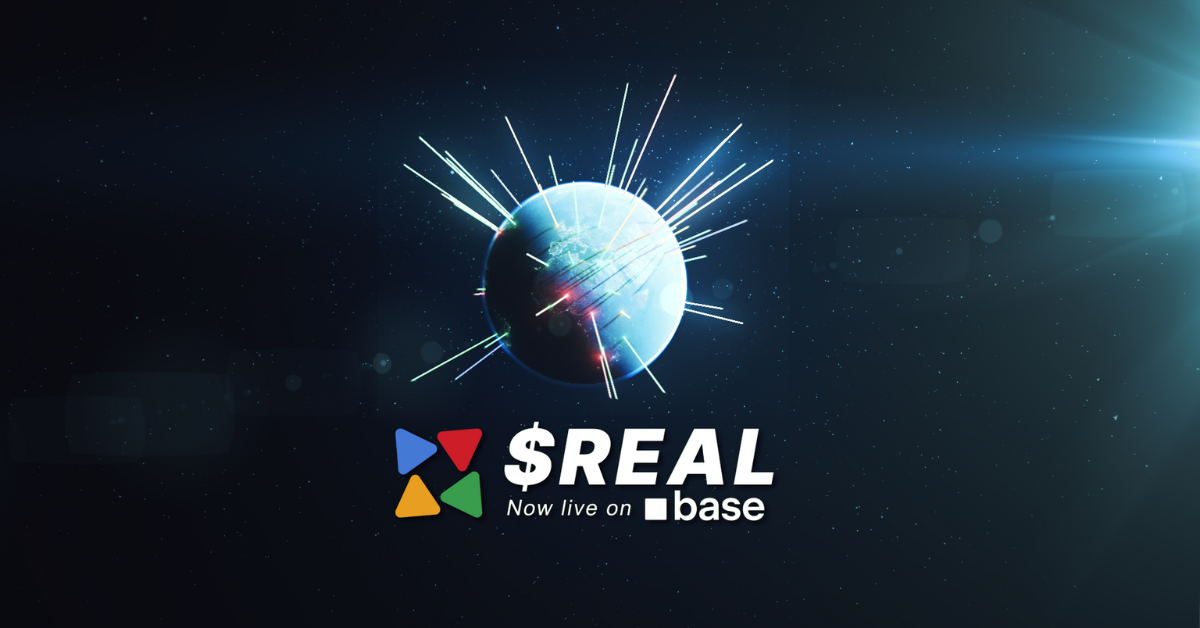Key Aspects of Lending Pools
In the world of DeFi lending pools, several critical aspects shape the dynamics of borrowing and lending. Understanding these key elements is essential for participants looking to navigate this evolving landscape effectively:
Annual Percentage Yield (APY)
This metric measures the annualized rate of return on investment, accounting for compounding interest. In DeFi lending pools, it signifies the potential earnings or losses for liquidity providers. However, it also underscores the exposure to market fluctuations, potentially leading to losses if asset values decline significantly.
Utilization Rate
The utilization rate paints a vivid picture of how efficiently a lending pool deploys its capital. It measures the proportion of the pool's funds currently in use as loans. A high utilization rate suggests a strong demand for loans, potentially leading to competitive interest rates for lenders. In contrast, a low utilization rate may indicate underutilized capital, which could impact the overall profitability of liquidity providers. Different types of lending pools may have varying utilization rates based on their specific characteristics and user behaviors.
Seniority
When you lend money to lending pools, these pools can have different levels of seniority, similar to the traditional world in which you have junior and senior bonds.
In DeFi, it means that lending pools with different levels of seniority use a multi-token structure. In other words, it means you can receive two types of tokens when lending money to the pool, namely junior and senior tokens. These tokens represent different positions within the lending pool, and their characteristics can vary depending on the specific pool type. Some lending pools may even have additional levels of tokens.
Senior tokens prioritize safety and stability. They enjoy priority when it comes to receiving interest payments and capital repayment. Although there is still a risk of losing your capital in extreme cases, holding senior tokens means you have a more conservative and secure position within the lending pool. In case of defaults, senior tokens have priority, reducing the risk of losing your capital.
In contrast, junior tokens offer the potential for higher returns but come with more risk. They are exposed to greater risk, including the possibility of losses if the lending pool encounters defaults or liquidations. Junior tokens are for those willing to take on more risk in pursuit of potentially higher rewards.
Another important point to mention is that some lending pool platforms use a different structure. Instead of having multiple tokens within one pool, lending pool platforms may operate entirely different pools at various levels of risk.
Collateralization & Loan-to-Value (LTV) Ratio
The choice of collateral within lending pools is a key determinant of risk and reward for both borrowers and lenders. Collateral can differ significantly between lending pools in terms of type and value. The type of collateral accepted within a pool may range from cryptocurrency assets to real-world assets and can impact the pool's risk profile.
A higher collateralization ratio, also commonly referred to as the loan-to-value (LTV) ratio, typically indicates a lower risk for lenders but may limit borrowing capacity. Conversely, pools with lower collateralization ratios may offer borrowers more flexibility but pose greater risks to lenders in the event of defaults.
Liquidation Threshold
The liquidation threshold represents a critical safeguard within lending pools. It signifies the point at which a borrower's collateral may be liquidated to protect lenders and the overall stability of the pool. The specific threshold can vary, impacting the risk profile of the lending pool.
A lower threshold may trigger liquidations more readily, potentially protecting lenders from significant losses but requiring borrowers to maintain a higher level of collateralisation. In contrast, a higher threshold may provide borrowers with more freedom but could expose lenders to increased risk in the event of collateral value fluctuations.
Final Thoughts
Lending pools revolutionize traditional lending models by removing intermediaries, increasing accessibility and global participation. Platforms like Defactor help streamline the process by providing modular tools to support tokenization, governance, and liquidity management in an open finance space.
By embracing DeFi lending pools and RWA, the future of lending is more accessible, efficient, and secure than ever before.
Updated on 13/3/2025: This article has been revised to reflect the latest product information.







